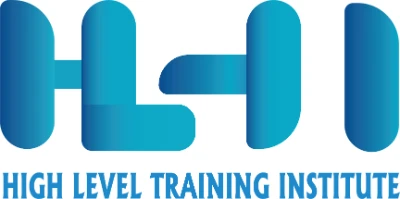CSA Certified Strategic Auditing™
Nearly all the major initiatives undertaken by corporate executives today are called “strategic”. With everything having high strategic importance, it is becoming increasingly difficult to distinguish between the many priorities and imperatives that are initiated in organizations.
$2,390.00
Location: Live Virtual
Course Overview
Nearly all the major initiatives undertaken by corporate executives today are called “strategic”. With everything having high strategic importance, it is becoming increasingly difficult to distinguish between the many priorities and imperatives that are initiated in organizations. When everything is clearly strategic, often nothing strategic is clear. When everything is designated as a high priority, there are, in reality, no priorities at all.
A strategy audit involves assessing the actual direction of a business and comparing that course to the direction required to succeed in a changing environment. A company’s actual direction is the sum of what it does and does not do, how well the organization is internally aligned to support the strategy, and how viable the strategy is when compared to external market, competitor and financial realities. These two categories, the internal assessment and the external or environmental assessment, make up the major elements of a strategy audit.
The purpose of a strategy audit is to arm managers with the tools, information, and commitment to evaluate the degree of advantage and focus provided by their current strategies. An audit produces the data needed to determine whether a change in strategy is necessary and exactly what changes should be made.
Benefits of Attending
- Understand the role and impact of the internal audit function
- Develop the role of the audit function
- Conduct effective and objective audits and reporting
- Effectively contribute to organizational audit strategy
- Engage and work effectively with stakeholders
- Planning an audit and the strategy
- Assessing the capabilities of the audit function
- Understanding and assessing the risk management maturity of your organization
- How to deal with disasters and recurring problems
- Undertaking a risk-based audit
- How to put governance into practice in an audit
- Identifying the potential audit areas
Who Should Attend
- Internal Audit Directors
- Chief Audit Executives
- Audit Managers
- Senior Auditors
- Auditors who need an appreciation of strategic business management
- Other senior Assurance professionals such as Compliance Officers and Senior Quality Auditors
Certification Body

The GAFM was founded in 1996 by the original founders of the Graduate Leadership Society. The Founders of our Standards Board are CEOs, Executives, Professors, and industry experts from around the globe. We desire to raise education standards and ethics in the business and management industries. The Standards Policy Board awards specialized board certifications, designations, and charters in the fields of: finance, accounting, management, and consulting fields to qualified professionals who have completed internationally recognized or accredited exams & education, government recognized degrees and documented management credentials and experience. Since 1996, the Academy has been promoting accredited graduate standards for certification in business, management, law, and finance. Since the inception with the founding of the Graduate Institute of Leadership in 1996, the Academy has been focused on quality assurance with accredited education, exams, assessment, education, ethics, and continuing education. Further, applicants must also have the necessary experience in practice, research or publications in their respective areas of expertise.

